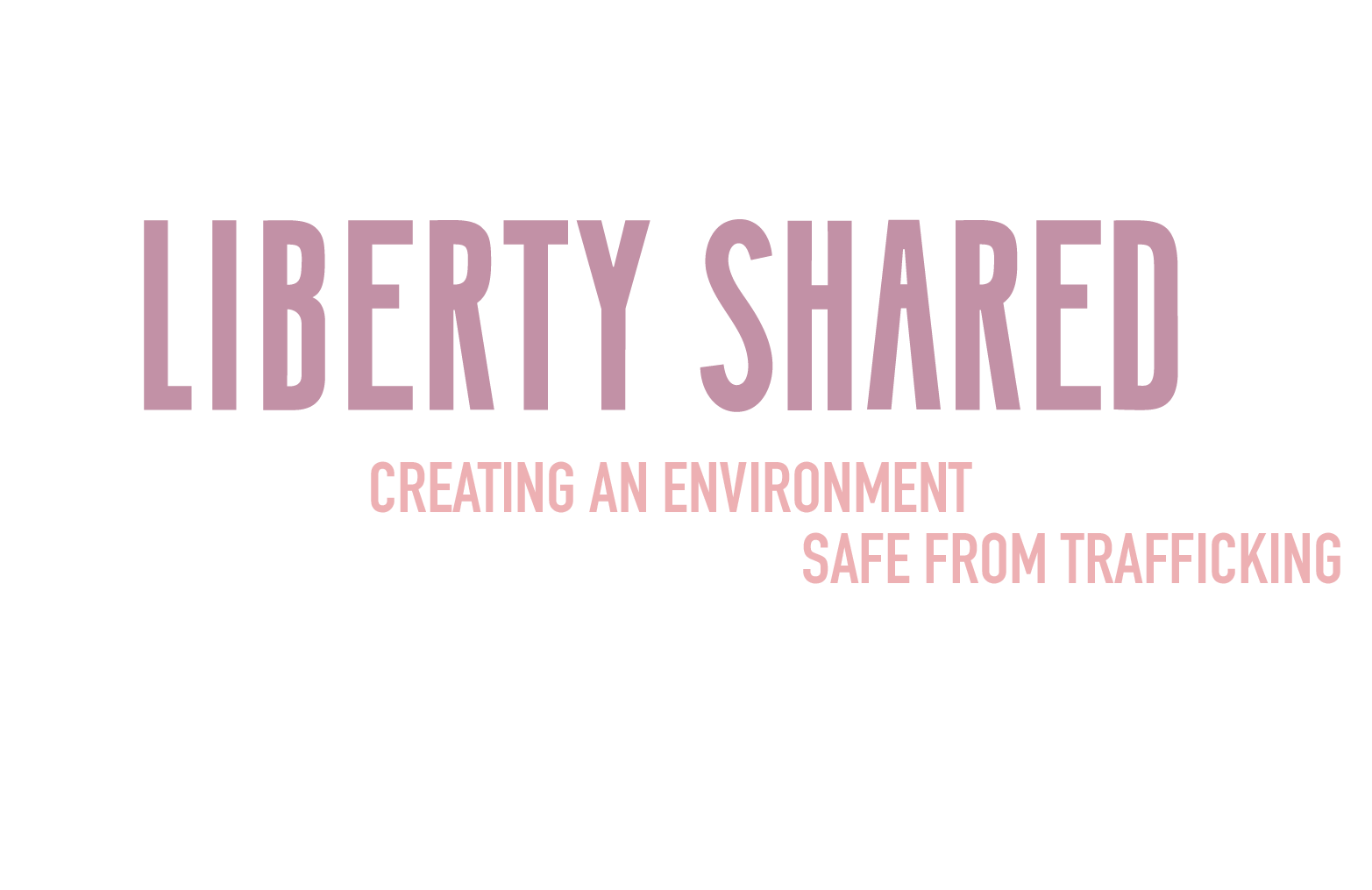January 31, 2023
Liberty Shared, formerly Liberty Asia, is winding down. As we do, we will be uploading to this website analyses, commentary and conclusions about our efforts over the last 14 years. It is hoped that others can learn from our successes and failures, and also from the thinking applied to the formulation of strategies and the implementation of services and products. The aim is to collect what we learned and experienced and create a resource that may be useful to others.
The organization was founded on the core principle that we would always pursue systemic change, and we would not offer direct victim care or support services. The focus was to change the operating environment, or ecosystem, in which abuse is occurring in a manner that would become advantageous to vulnerable groups, and therefore push those benefiting from abuse to permanently change their behaviour, willingly or unwillingly, to create a different equilibrium. This systemic approach will be discussed throughout the content of this website, beginning with my original area of focus trafficking and money laundering - this work became the subject of a paper by the Innovation for Successful Societies program at Princeton University’s School of Public & International Affairs.
Such an approach meant thinking about the operating environments, e.g. the finance industry and its stakeholders or the fishing industry and its stakeholders, as complex adaptive systems. Agents/actors in the system are not homogenous, though some may be perceived as very similar, and changes will cause the emergence of a wide range of new behaviours, some even paradoxical to an actors own interests. And the consequences of adaptive behaviour, across the many relationships that create the complexity, are uncertain, even to the largest and most influential agent. Dr Marcel van der Watt has written recently on sex trafficking and complex systems but David Feingold began discussing the complexity of trafficking activities in 2010.
Liberty Shared was a very small agent in any system it operated, but actions, even by small agents, can have outcomes at scale. Relationships in a complex system are non-linear and disproportionate exchanges. The potential for systemic change was accessible but we also had to accept our own limitations. It was not intended that Liberty Shared become a large organization. At the most we only had about 20 employees. We worked remotely and rarely met each other making communication potentially fragmented.
In practice, adaption means learning from failure quickly and from the beginning most of our programs had a culture of fail fast and adapt faster. Not everyone had patience for this approach. For this website, we will include those project ideas that never came to fruition, even though some were very close. We hope it is all useful.
Liberty Shared was partly formed as a response to an incident that happened after the production of my documentary film in Nepal, Hope without Future?. The story focuses on the lives of Raju and Mamina, who are raising their family in poverty in a country struggling to find political stability and form a new constitution after years of Maoist guerilla insurgency. The couple are also burdened by childhoods’ of abuse and living on the streets. Once interviews and filming had finished, I was asked if I could support Raju’s travel to Doha to work in construction. On the tacit assumption he would be safe, I helped purchase the ticket. Knowing what I know now there are red flags. Eight months later, I received an email from two social workers in Doha who had found Raju on a different construction site. He had been trafficked from the original work placement within days of arrival. I was astounded that for all the grassroots support and academic research in Nepal, there was limited actionable information collected and very limited sharing. I believed that was something I could help improve.
Finally, it is important to say that Liberty Shared was never built to last, and it was intended to contribute and avoid the ignominious end of that befall many charitable organization – crisis, redundancy, or obsolescence. It was not to be a career or the launch pad for a personality. Hopefully we could be successful in achieving impact, fulfilling a strategy, or creating continuity with new leadership for new organizations. As the old adage goes, a charity should work itself out of a job!
Duncan Jepson
Founder/Managing Director
